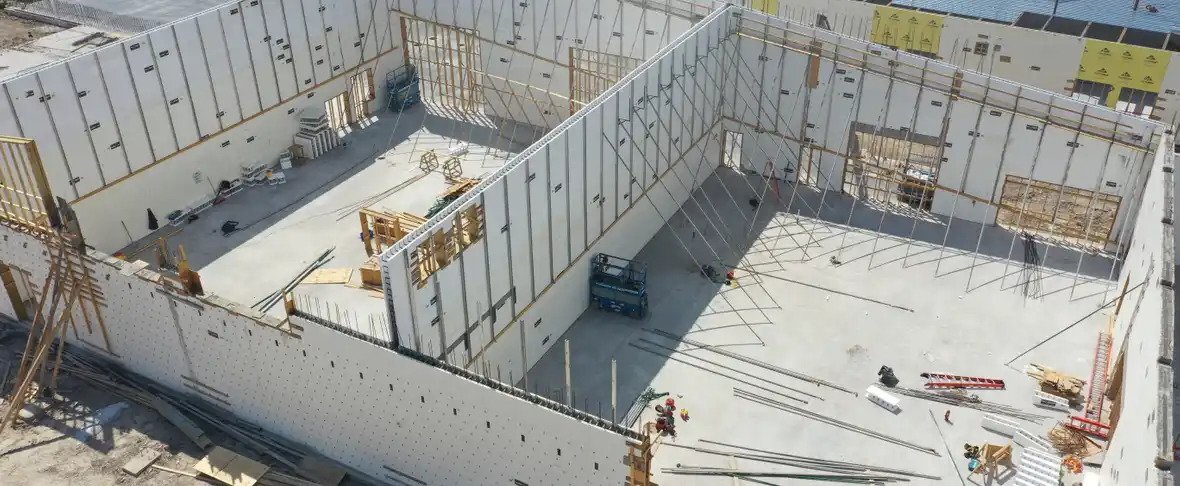
6 Alternative Building Materials for 2019

The Importance of Contractor Training and Product Knowledge

The Backbone of Modern Construction: Steel Reinforced Concrete Walls

11 Must Haves for Energy Efficient Homes in Canada and the Northern U.S.
North America’s long-cold, sub-zero winters demand energy-efficient homes that save Canadian and American homeowners money while keeping their families warm and comfortable.

A Guide to the Commercial Construction Process - From Start to Finish
Fox Blocks presents the following outline designed to help project managers maneuver the commercial construction process from start to finish.

Exterior Wall Thickness: How Thick Should Your Walls Be?
The exterior wall thickness of a home significantly impacts the house’s energy efficiency, disaster resistance, and IEQ. Learn how thick exterior walls should be.

Insulated Concrete Forms (ICF) Vs. Wood-Frame Construction
Insulated concrete forms (ICF) create a more energy-efficient, quiet, and healthy building than one built with wood-frame construction. ICF buildings are also more resistant to disaster, fire, insect, and moisture intrusion than wood-frame structures.

4 Defining Characteristics of High-Performance Buildings
High-performance buildings also positively impact the environment and provide financial benefits before and after construction.

Building a Disaster-Resistant School With Insulated Concrete Forms

The Business Case for Building Multifamily with Insulated Concrete Forms (ICFs)